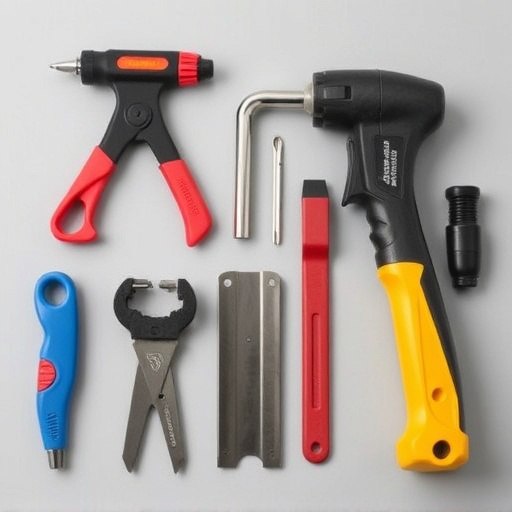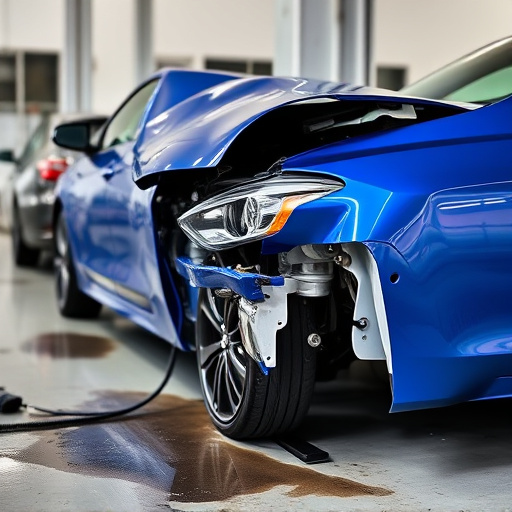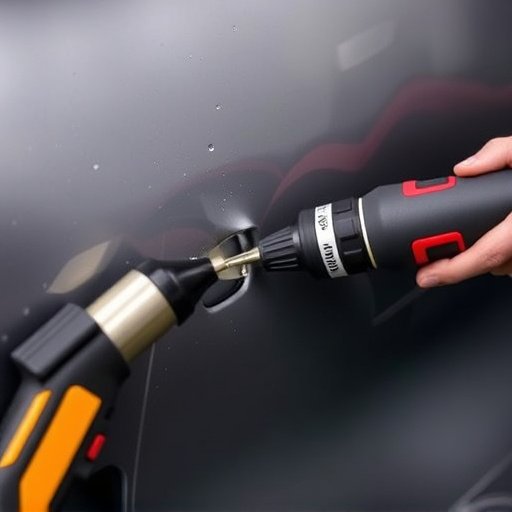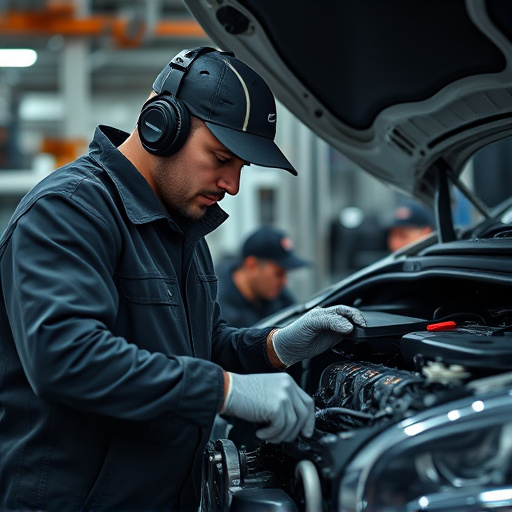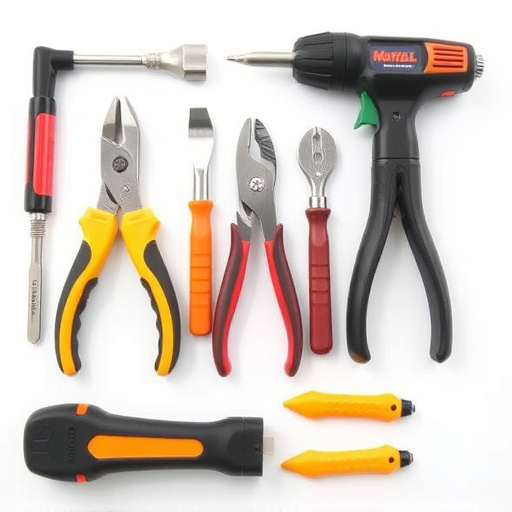In today's competitive automotive market, efficient repair expectations management is key to shop success. By clearly communicating service details, estimated timelines, and pricing upfront, collision repair shops can set realistic customer expectations, enhance operational efficiency, reduce disappointment, and build stronger client relationships. Utilizing visual aids and regular updates throughout the process ensures clients feel valued and informed, fostering satisfaction and loyalty. Effective follow-up via feedback surveys allows workshops to promptly address concerns, improve service quality, and establish a positive reputation in auto dent repair.
In the bustling landscape of modern automotive service, effective repair expectations management is crucial for maintaining customer satisfaction. This article explores strategies to navigate the challenges faced by busy repair shops, ensuring transparent communication and realistic expectations. We delve into setting clear goals, utilizing advanced tools, and implementing robust follow-up systems. By mastering these techniques, shops can enhance customer loyalty, reduce no-shows, and foster a reputation for reliable service, ultimately driving business growth through exceptional repair expectations management.
- Understanding Repair Expectations Management
- Strategies to Set and Communicate Realistic Expectations
- Enhancing Customer Satisfaction Through Effective Follow-up and Feedback Mechanisms
Understanding Repair Expectations Management

In today’s competitive automotive industry, efficient repair expectations management is crucial for maintaining customer satisfaction and shop reputation. It involves setting clear and realistic expectations with clients regarding repair timelines, costs, and outcomes. This strategy ensures that customers are well-informed, reducing potential confusion or disappointment post-repair. By managing expectations proactively, busy repair shops can enhance their operational efficiency and foster stronger client relationships.
Repair expectations management plays a pivotal role in balancing the demands of a bustling repair shop, especially when offering services like bumper repair or car bodywork services. Collision repair shops, for instance, often juggle multiple projects with varying complexities. Effective communication and expectation-setting can prevent delays, ensure client trust, and promote the successful delivery of high-quality collision repair services.
Strategies to Set and Communicate Realistic Expectations

In a bustling collision center or well-appointed car dent repair shop, managing customer expectations is paramount to ensuring satisfaction and fostering loyalty. Setting and communicating realistic expectations from the get-go is key. This starts with clearly explaining the scope of services offered, outlining turnaround times, and providing transparent pricing. For instance, while many customers appreciate quick dent removal services, it’s important to communicate the potential impact on quality and any additional steps required.
Utilize simple, understandable language to describe repair processes and potential outcomes. Visual aids like before-and-after photos of similar car dent repair projects can be incredibly helpful. This visual context allows customers to better understand the level of detail and skill involved, aligning their expectations with what’s realistically achievable within the shop’s capabilities. Regular communication throughout the process – updates on progress, any changes in timeline or cost, and clear explanations of the next steps – further ensures customers feel involved and informed.
Enhancing Customer Satisfaction Through Effective Follow-up and Feedback Mechanisms

In today’s competitive market, repairing shops must go beyond meeting customer needs to enhance satisfaction and build loyalty. One powerful strategy lies in implementing robust repair expectations management systems, especially through effective follow-up and feedback mechanisms. By promptly addressing client concerns and gathering insights on their repair experience, workshops can identify areas for improvement and ensure customers feel valued.
For instance, a simple yet effective approach could be to send satisfaction surveys after the completion of car body restoration or automotive collision repair services. These surveys should aim to gauge customer perception regarding turnaround times, quality of work, and overall communication throughout the process. By collecting and acting upon this feedback, auto shops can demonstrate their commitment to excellence in auto dent repair and related services, fostering a positive reputation in the industry.
Repair shops can significantly enhance customer satisfaction and loyalty by implementing effective repair expectations management strategies. By setting and communicating realistic expectations, along with robust follow-up and feedback mechanisms, businesses can ensure clients are well-informed and content throughout the repair process. This approach not only boosts customer retention but also fosters a positive reputation for the shop in the competitive market, making it a key strategy for any busy repair service to thrive.

